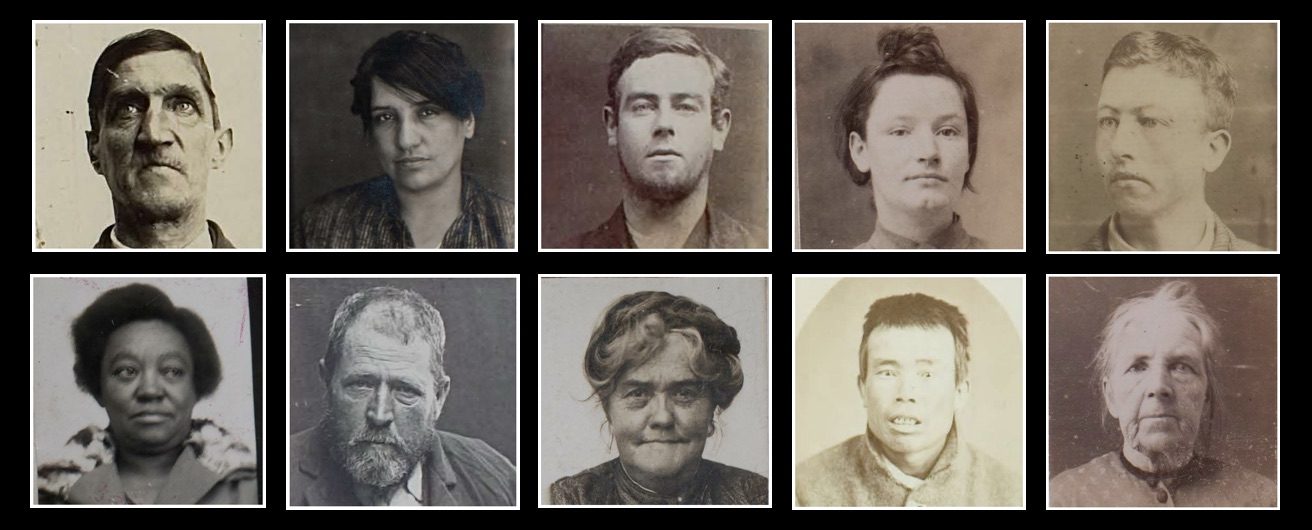Cattle stealing was an offence under Sections 72-76 of Victoria’s Criminal Law and Practice Statute 1864, which defined cattle not just as cows and heifers, but as all stock animals including horses, sheep, pigs etc. Stealing cattle was an offence liable to up to 10 years imprisonment. A lesser offence was illegal use of cattle – similar to the ‘joyriding’ of today where stock like horses were taken but without an intention to permanently deprive owner of their use – which carried a penalty of up to 1 year imprisonment or a £20 fine. Killing cattle or stock was also a felony and was subject to the same penalties as stealing the stock, since the effect was the same.
Cattle stealing was an offence most common in regional and rural areas. Some areas were notorious for stock theft, such as the Greta region in north-eastern Victoria where Ned Kelly grew up. However, until overtaken by the use of cars, horses and horse stealing were frequent in Melbourne as well. It was regarded as a serious property offence, as reflected in the potential penalty.
Further information:
Perkins, John, and Jack Thompson. “Cattle Theft, Primitive Capital Accumulation and Pastoral Expansion in Early New South Wales, 1800-1850.” Australian Historical Studies 111 (1998): 289-302.
Piper, Alana, and Lisa Durnian. “Theft on trial: Prosecution, conviction and sentencing patterns in colonial Victoria and Western Australia,” Australian & New Zealand Journal of Criminology 50, no. 1 (2017): 5-22.
